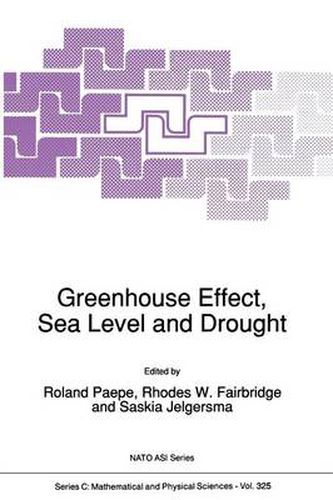Readings Newsletter
Become a Readings Member to make your shopping experience even easier.
Sign in or sign up for free!
You’re not far away from qualifying for FREE standard shipping within Australia
You’ve qualified for FREE standard shipping within Australia
The cart is loading…






This title is printed to order. This book may have been self-published. If so, we cannot guarantee the quality of the content. In the main most books will have gone through the editing process however some may not. We therefore suggest that you be aware of this before ordering this book. If in doubt check either the author or publisher’s details as we are unable to accept any returns unless they are faulty. Please contact us if you have any questions.
Shortly after the creation of the Vrije Universiteit Brussel (Free University Brussels) in 1970, currently labelled as VUB, a Department of Quaternary Geology was installed within the Faculty of Science in 1974. At the beginning it dealt mainly with the study of periglacial loess deposits of the Pleistocene Glacial Period in Central Belgium and with coastal deposits in relation to sea level rise during the warm Holocene period covering the last 10,000 years, in which the dawn of civilization took place step by step. Today the same research teams widen their scope of interest: they are presently studying the loess plateau in the People’s Republic of China and the world-wide problems associated with sea level rise, coastal erosion being one of the most devastating natural hazards. More and more emphasis is put on problems concerning environmental engineering and those dealing with global change. Since 1975 UNESCO sponsored a number of symposia of the International Union for Quaternary Research (INQUA), whose secretariat was located on the VUB Campus grounds from 1973 to 1982. In 1981 the Applied Geology Department ofthe Faculty of Applied Sciences was created. The NATO-Advanced Research Workshop (ARW) , organized in Fuerteventura (Canary Islands, Spain) in March 1989 was a climax of this series of Global Change gatherings. As Rector of the VUB, I am satisfied that the VUB, through its Earth Technology Institute, of both USA and Belgium could cooperate with NATO and the National Science Foundations in cosponsoring such an initiative.
$9.00 standard shipping within Australia
FREE standard shipping within Australia for orders over $100.00
Express & International shipping calculated at checkout
This title is printed to order. This book may have been self-published. If so, we cannot guarantee the quality of the content. In the main most books will have gone through the editing process however some may not. We therefore suggest that you be aware of this before ordering this book. If in doubt check either the author or publisher’s details as we are unable to accept any returns unless they are faulty. Please contact us if you have any questions.
Shortly after the creation of the Vrije Universiteit Brussel (Free University Brussels) in 1970, currently labelled as VUB, a Department of Quaternary Geology was installed within the Faculty of Science in 1974. At the beginning it dealt mainly with the study of periglacial loess deposits of the Pleistocene Glacial Period in Central Belgium and with coastal deposits in relation to sea level rise during the warm Holocene period covering the last 10,000 years, in which the dawn of civilization took place step by step. Today the same research teams widen their scope of interest: they are presently studying the loess plateau in the People’s Republic of China and the world-wide problems associated with sea level rise, coastal erosion being one of the most devastating natural hazards. More and more emphasis is put on problems concerning environmental engineering and those dealing with global change. Since 1975 UNESCO sponsored a number of symposia of the International Union for Quaternary Research (INQUA), whose secretariat was located on the VUB Campus grounds from 1973 to 1982. In 1981 the Applied Geology Department ofthe Faculty of Applied Sciences was created. The NATO-Advanced Research Workshop (ARW) , organized in Fuerteventura (Canary Islands, Spain) in March 1989 was a climax of this series of Global Change gatherings. As Rector of the VUB, I am satisfied that the VUB, through its Earth Technology Institute, of both USA and Belgium could cooperate with NATO and the National Science Foundations in cosponsoring such an initiative.